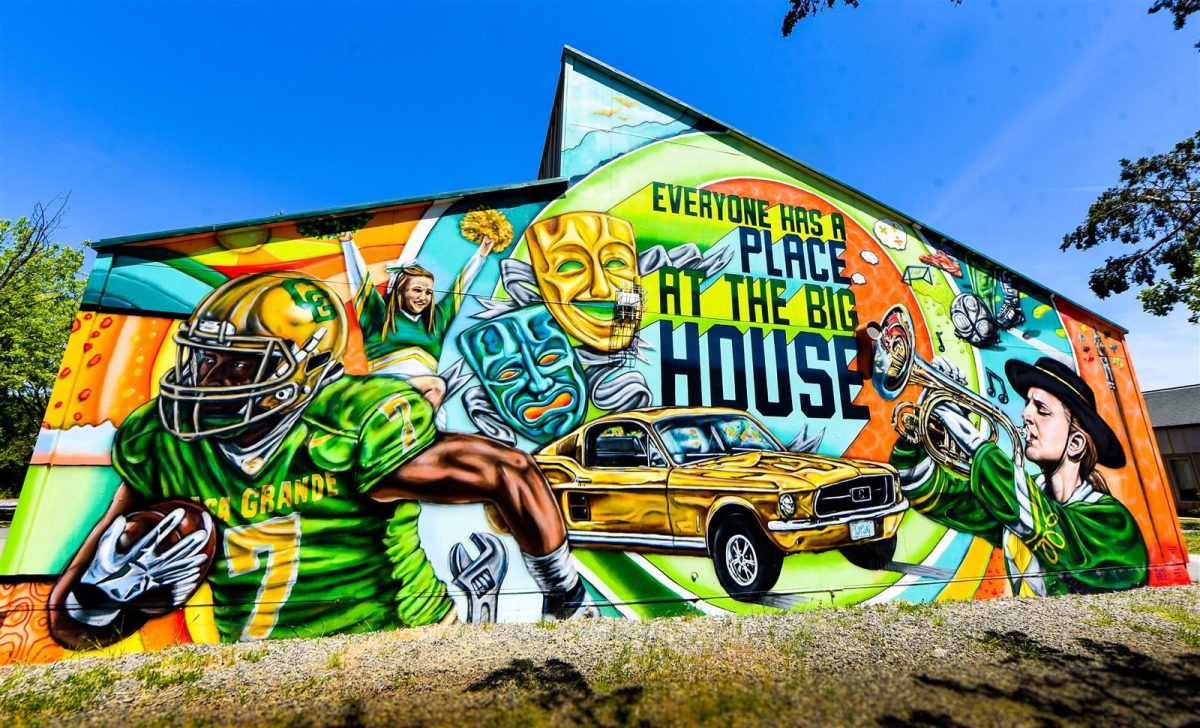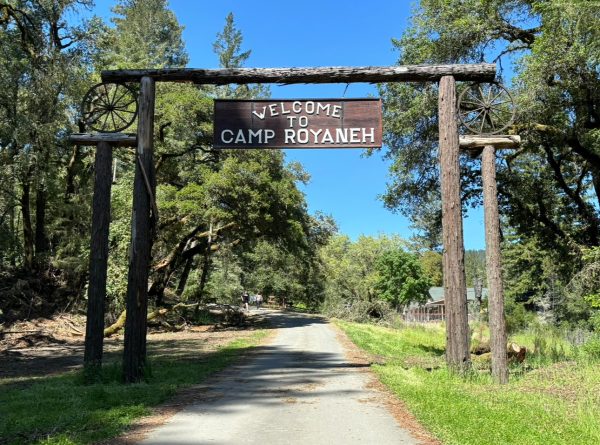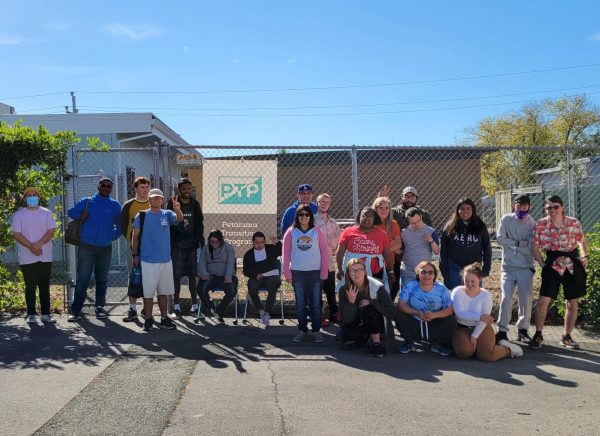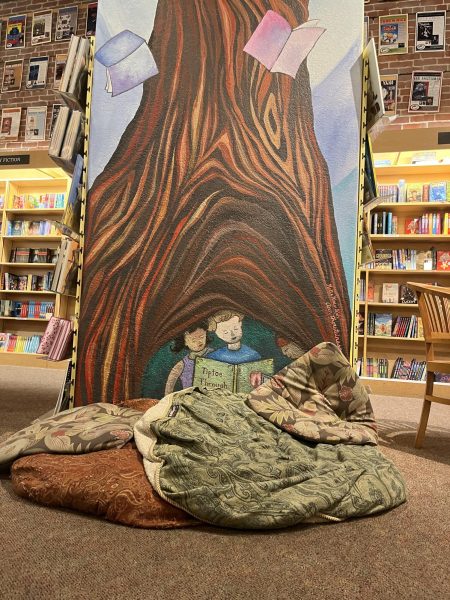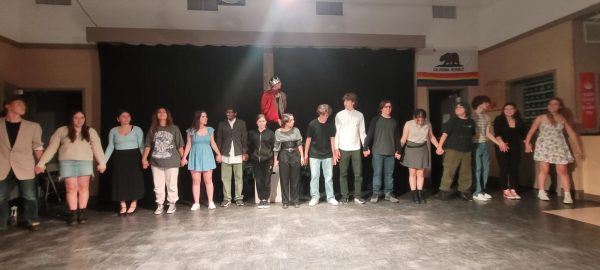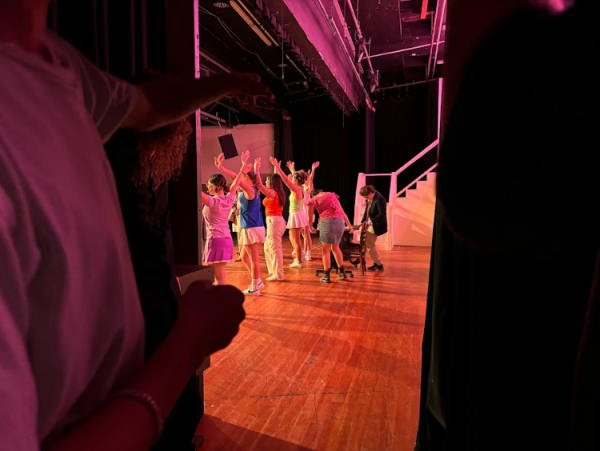A Salute to Military Children
Each year, the campus welcomes a diverse and unique batch of learners to the student body. Among them are the siblings, daughters, or sons of active or ex-military members who have served their families while serving the nation. Below, military siblings from our campus share their experiences with ever-changing academic, social, and domestic circumstances.
Photo by Grace Yarrow
Relatives of military personnel and soldiers often have a varied and unique upbringing.
Approximately two million students have a parent deployed from a branch of the military — the army, the Coast Guard, the Navy, the Marines, and the Air Force — which has increased from one million since the beginning of the wars in Afghanistan and Iraq. The impact of the deployment on these student’s parents is significant, though sometimes underestimated by people. According to the Department of Defense, military families relocate six to nine times throughout the time of a child’s birth through secondary school. With this, students that have to constantly switch schools and adjust to new teachers, curriculums, and social atmospheres have face more difficulties than stationary students. With a large number of students with deployed parents, there are several affected students on campus.
Freshman Audrey Pera, whose father has been serving in the army for over 20 years, explained what she thinks all students and educators should know about children of military parents.
“Some days, they’ll be happy and some days they won’t,” said Pera. “Not having a parent in your life most of the time gets really hard because one of the people that are supposed to guide you through aren’t really there. But it also kind of makes you stronger in a way. You learn how to make the right decisions by yourself. It’s really a whole learning experience. You become stronger because you don’t want to disappoint them.”
According to a study by Ron Avi Asto, a professor in the schools of social work and education at the University of Southern California, students from military families have higher rates of behavior problems such as anxiety, depression, and social issues. They typically do not academically perform as military children whose parents are not deployed in the armed forces. Because of this, there are many available programs for children of military parents, such as the National Military Family Association, which brings military children together to connect through their similar situations. Another example is Blue Star Families, which is designed to help the students through location changes and ultimately to keep them happy.
Sophomore Ethan Metge’s father is a retired soldier and green beret. Metge, who is planning to follow in his father’s footsteps, elaborates on the difficulties experienced by children with a parent in the military.
“Their parent is not the only one that’s going through stuff. The family is also greatly affected by not having their parent around and not having that extra boost. It’s most difficult going to school when we move a lot. The person in the military sacrifices a lot for this country, but behind a good soldier is a good family,” said Metge.
Metge and his family have moved seven times since his father enlisted, which is near the average of most military families. But, he explained how constantly relocating has positively affected him, contradicting most research on the social aspect of children of military families.
“Every time I move schools, I have to meet new friends and new people. It’s a different area and a different school, so you don’t know where anything is and you don’t know anybody. It teaches you how to make friends and how to be social. I don’t think I’m a very social person but I can’t tell now because I’ve had to do it so much,” said Metge.
More schools throughout the country are establishing programs and collecting data in order to acknowledge students in their records with a parent in the military and better assist them with any problems they may have as an effect of their parent’s absence. People often associate individuals who serve in the military with bravery, yet the communities of support behind them often go unnoticed.
